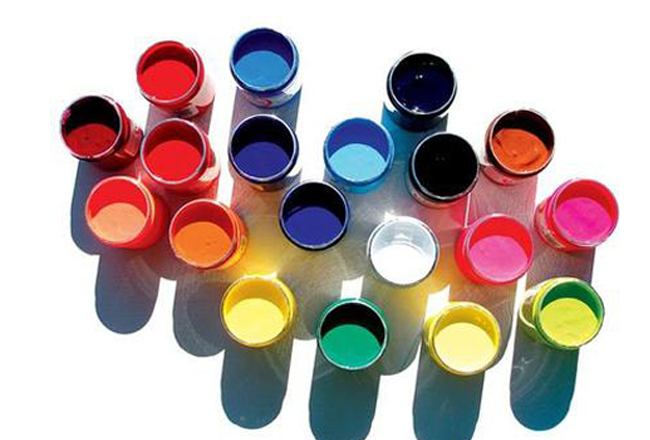White Plains chemical importer wants exception to Trump’s China tariffs
A White Plains chemical importer wants to be excluded from President Trump”™s China tariffs.
Itochu Chemicals America Inc. applied for an exclusion last month for a chemical hardener that is used in automotive paints.
 “Imposition of these tariffs will cause disproportionate economic harm to U.S. interests,” the company”™s attorneys wrote in a letter to U.S. Trade Representative Robert E. Lighthizer, and “it would have little or no impact on China.”
“Imposition of these tariffs will cause disproportionate economic harm to U.S. interests,” the company”™s attorneys wrote in a letter to U.S. Trade Representative Robert E. Lighthizer, and “it would have little or no impact on China.”
The Trump administration has imposed an extra 25 percent tariff on Chinese exports worth $250 billion in response to what the administration has depicted as unfair trade practices. Tariffs on another $267 billion in Chinese products have been proposed.
Itochu Chemicals America is a subsidiary of Itochu International Inc. of Japan, a $100 billion global chemicals and materials distributor. The American subsidiary is headquartered at 360 Hamilton Ave. in White Plains and has offices in Farmington Hills, Michigan and Houston.
The chemical in question is polyisocyanate, an agent that is used in polyurethane paints. It goes by the brand name Duranate TMA-100 and is used primarily as a hardening agent in automotive paints.
Demand for the product far exceeds supply, Itochu”™s attorneys, Arthur W. Bodek and Tracey T. Gonzalez, of GDLSK, Manhattan, said in the letter to Lighthizer.
There are four suppliers worldwide, including three in China. Two suppliers have small manufacturing facilities in the U.S., they said, but Itochu”™s China source is the only one that has the capacity to meet the quality and quantity that U.S. paint companies demand.
He said the raw materials used to make the product are difficult to obtain, and even if the materials became available it would take four to five years to build and certify a new factory in the U.S.
The tariffs would result in decreased sales and lower profits for the businesses that buy the product from Itochu, according to the letter. American consumers would pay higher prices. Customers might shift domestic production of products that use Duranate to other countries, to save money.
Neither the letter nor the application form states the value or quantity of Duranate imported to the U.S.
Itochu argues that there is no threat of intellectual property theft. Itochu”™s supplier is not owned by the Chinese government. The technology was developed in Japan, not in China or the U.S. Itochu is not trying to sell Duranate in China. And if exports to the U.S. were stopped, the supplier could simply export Duranate to other countries without feeling the effect of the U.S. tariff.
“The duties will only harm the automotive business in the United States and will not have a negative or deterrent impact on the Chinese manufacturer,” according to the letter.
As of Jan. 10, Bloomberg News reported the trade office had not ruled on any of the requests for exclusions on the list that includes Duranate. The office had granted 985 exemptions and denied 1,731 from an earlier list of nearly 11,000 exports.
Trump and Chinese President Xi Jinping agreed last month to a 90-day truce on tariffs. A Chinese delegation is scheduled to be in Washington for trade talks at the end of the month.